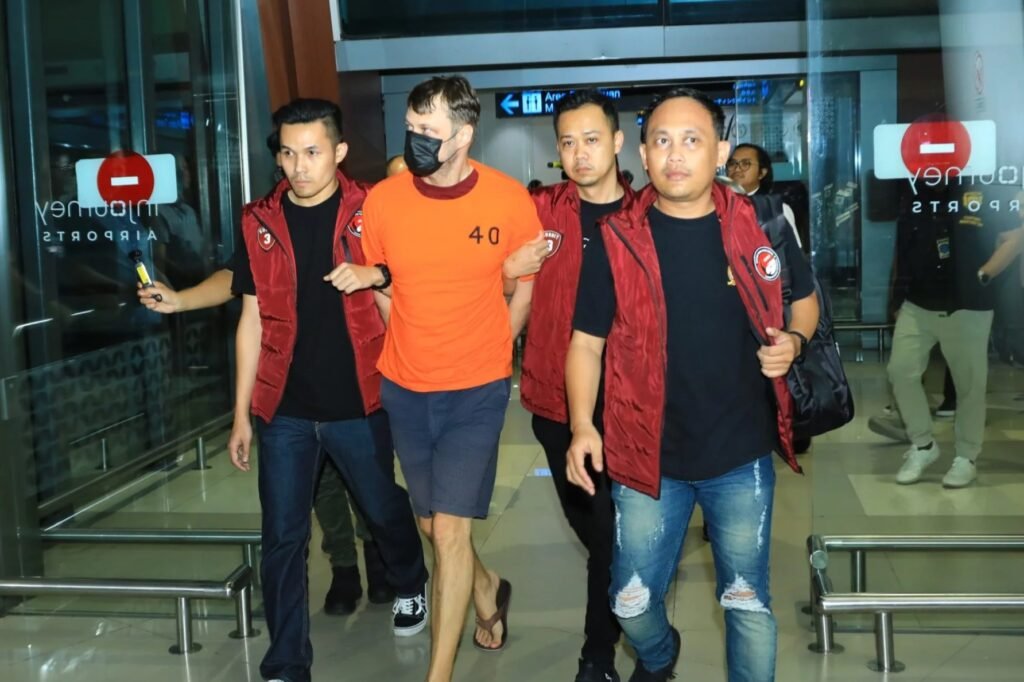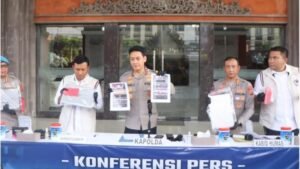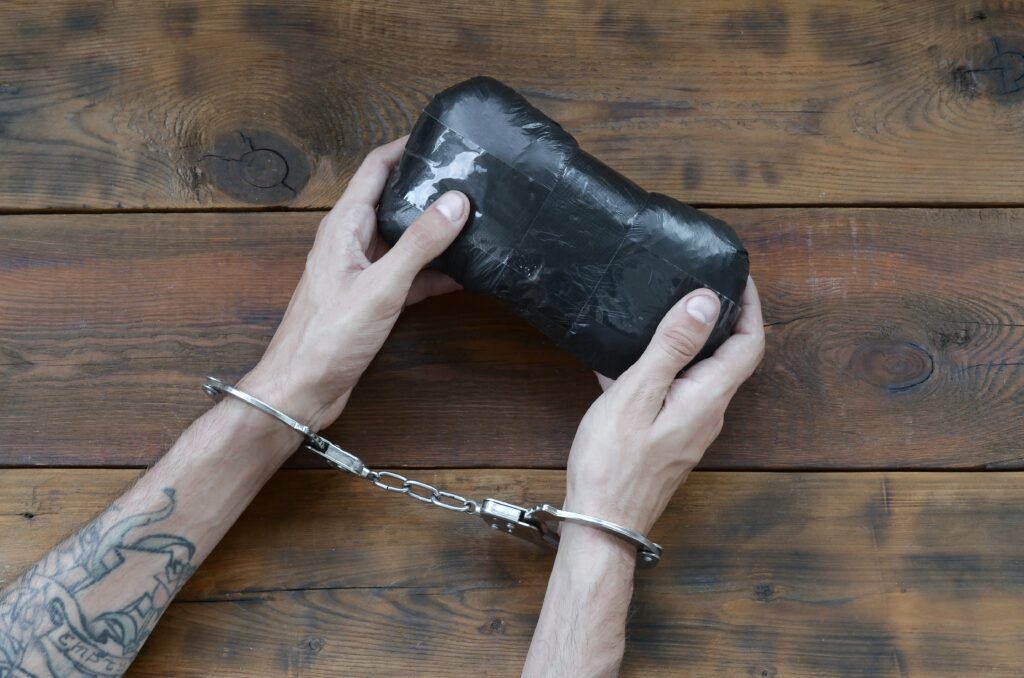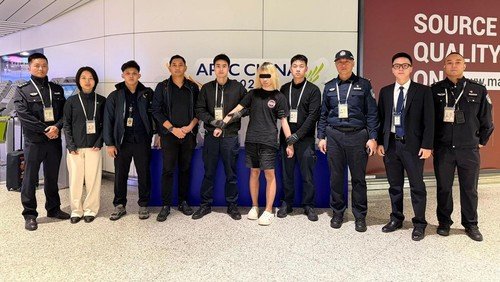
The Indonesian National Police’s (Polri) Narcotics Crime Directorate has repatriated a Ukrainian national, identified as RN, who is suspected of operating a clandestine drug laboratory in Badung Regency, Bali.
RN had been on the wanted list since May 2024 and was apprehended at U-Tapao Rayong Airport, Thailand, while attempting to fly to Dubai on Dec. 19.
Arrest and Repatriation
RN was detained in Bangkok for over three months before being handed over to Indonesian authorities.
Arriving at Soekarno-Hatta International Airport in Tangerang at 6:30 p.m. local time on Sunday, he was taken into custody by Polri.
Key Figure in Drug Lab Operation
RN is alleged to be the mastermind behind the narcotics operation, which involved the establishment of a secret laboratory in a villa in Tibubeneng, Badung, Bali.
Authorities believe RN played a critical role in funding and managing the laboratory, which reportedly manufactured hydroponic cannabis and mephedrone for a drug network known as Hydra Indonesia.
“This suspect was the owner of the drugs, financed the operation, and managed the couriers we previously arrested,” Brig. Gen. Mukti Juharsa, head of Polri’s Narcotics Crime Directorate, explained in a press conference.
The villa, leased for nearly 25 years, had a specially constructed basement to house the clandestine lab.
Ongoing Investigation
The arrest of RN follows Polri’s earlier capture of three other foreign nationals involved in the same operation in May 2024. The investigation revealed that the group had used the villa as a hydroponic drug production hub.
“We will proceed with a thorough examination of RN to uncover the extent of his involvement in this narcotics case,” Juharsa added.
Possible Penalties
RN faces the prospect of severe penalties under Indonesia’s strict drug laws.
The country’s Narcotics Law No. 35 of 2009 allows for the death penalty or life imprisonment for individuals convicted of producing or trafficking large quantities of narcotics.
As the alleged mastermind behind a clandestine drug lab producing hydroponic cannabis and mephedrone, RN could face the harshest sentence. Courts in Indonesia have previously handed down the death penalty in similar cases, reflecting the government’s zero-tolerance policy toward narcotics.
Mitigating circumstances, such as cooperation with authorities, could influence the outcome, but RN’s significant role in the operation—including funding the lab and managing couriers—makes a severe sentence likely.
Additional penalties, such as substantial fines, may also be imposed, with failure to pay resulting in extended imprisonment.
Indonesia’s firm stance on drug offenses suggests authorities may use this case as a deterrent against transnational drug networks.










